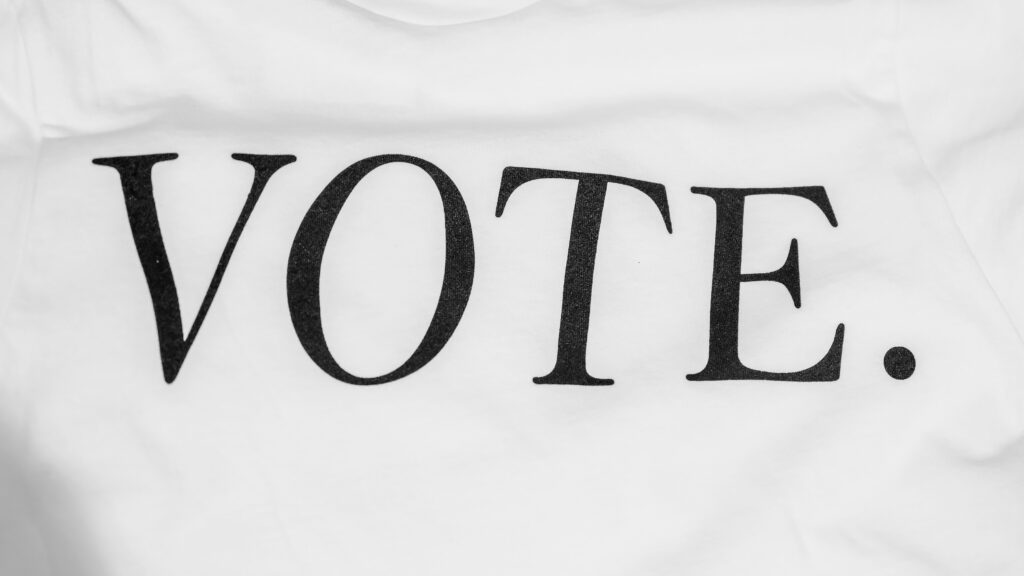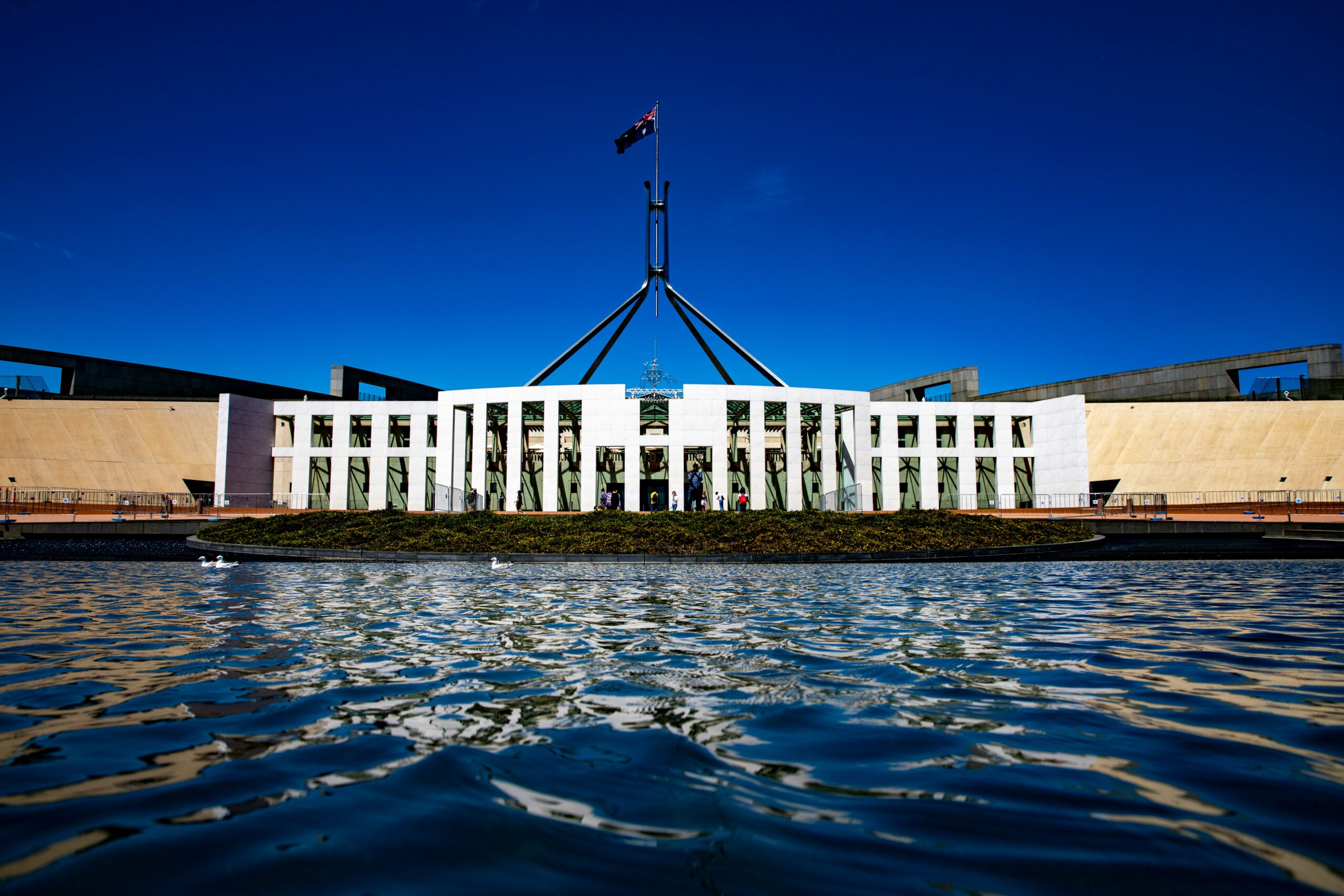
When we’re reflecting on this election – lets take-away the lessons that policy matters and dividing people doesn’t work
Caterina Giorgi, For Purpose
What we learn from election campaigns is important. This is because the lessons we learn and assumptions we make inform our actions in the future. This can be both helpful and harmful. For example, we could have chosen to learn from the election in the United States that division and misinformation is critical to winning. But if we did this, as we’ve seen over the weekend, we would be wrong.
The way that the federal election campaign unfolded over the past few weeks has showed us, among other things, that policy matters and creating division does not lead to victory.
It doesn’t feel like very long ago that a Coalition victory was touted as almost certain. Then in recent weeks the tide changed, and most polling outlets were predicting a Labor victory. Even with this outcome expected, the size of the Labor victory is unprecedented, as is the loss of a seat by an Opposition Leader in an election campaign. Alongside this, the increasing vote for independents is also shifting the political landscape.
Reflecting on the election campaign, here are some reflections on what we’ve seen.
Trump-like campaigning
Earlier this year Dutton announced that a government led by him would establish a Department of Government Efficiency (DOGE) and reexamine Diversity Equity and Inclusion (DEI). These policies sounded familiar because they came right out of the MAGA playbook.
The politics of division was a predominant feature in the Liberal Party’s campaign. This included their calls for an audit into Aboriginal and Torres Strait Islander funded programs and to remove the welcome to country. There was also constant and ongoing blame placed on immigration for the housing crisis.
Dutton’s alignment with Trumps policies tied his brand firmly to the President and gave those opposing him an easy link to make between them. It also had him banking on the politics of division for a victory. An assumption that proved to be incorrect.
The policy void
One approach to campaigning is to be a ‘small target’ – this is to keep policy detail to a minimum so that your opponents have less to criticise you about. This appears to be a strategy that was adopted by the Liberal Party in their election campaign.
It’s hard to articulate their vision for the country or policy priorities. The only two policies that continued to be touted were a 25-cent cut to the petrol excise and multi-billion-dollar nuclear energy plan. Neither of these appear to have resonated with the electorate and the lack of detail on everything else appears to have left people unsure of what a Dutton government would do.
As someone who thinks that big ideas and good policy matters – this appears to be something shared by many Australians.
The messy narrative and campaign
Labor’s campaign messaging was consistent and dominated throughout the election campaign. The ‘He cuts, you pay’ mantra was weaved throughout their messaging on healthcare, energy and everything in between. Because this became the dominant narrative of the campaign, it left the Coalition having to respond to Labor’s claims, particularly in relation to Medicare.
On top of this, there were some spectacular moments of flip flopping and own goals for the Liberal Party. This occurred on two policies in particular – winding back flexible work arrangements and cutting 40,000 public servants. Initially these measures were to be applied across the country. As time went on, and the unpopular nature of these policies became apparent and they were limited to Canberra.
There were also announcements about removing popular Labor government policies by maintaining the activity test for early education and loosening restrictions on vaping. This gave Labor further opportunities to reinforce the narrative that the Liberal Party doesn’t care about education or health.
The unelectable leader
Just a couple of days ago, Newspoll released data showing that Dutton had recorded a net satisfaction rating of -24%. This is the lowest of any major party leader this term.
This raises the question on whether Peter Dutton was too unpopular to be Prime Minister. His conservative political history also made him an easy target for his opponents. The fact that he is the first Opposition Leader to have lost his seat in an election is further evidence of this.
Shifting demographics
This election was the first time when Gen Z voters outnumbered Baby Boomers. History has shown that Baby Boomers are more likely to favour the Liberal Party, while younger voters are more likely to favour Labor or other progressive candidates.
This left the Liberal Party left looking for new recruits to fill their ever-evaporating base, with no new vision or clear policy agenda to attract a new group of supporters.
What now?
The reason for the election outcome we are seeing is likely to be a combination of many factors. And as more data becomes available, more theories will emerge. Different pictures will also emerge at the local level in each electorate.
There is also a story to be told about the Independents, with strong support shown for these candidates across the country.
Moving forward, we should be looking to how we can bring people together, not divide them and adopting big ideas for how to address some of our greatest challenges including the increasing levels of inequity across our communities.
A version of this article was first published on Women’s Agenda.
8 May 2025




